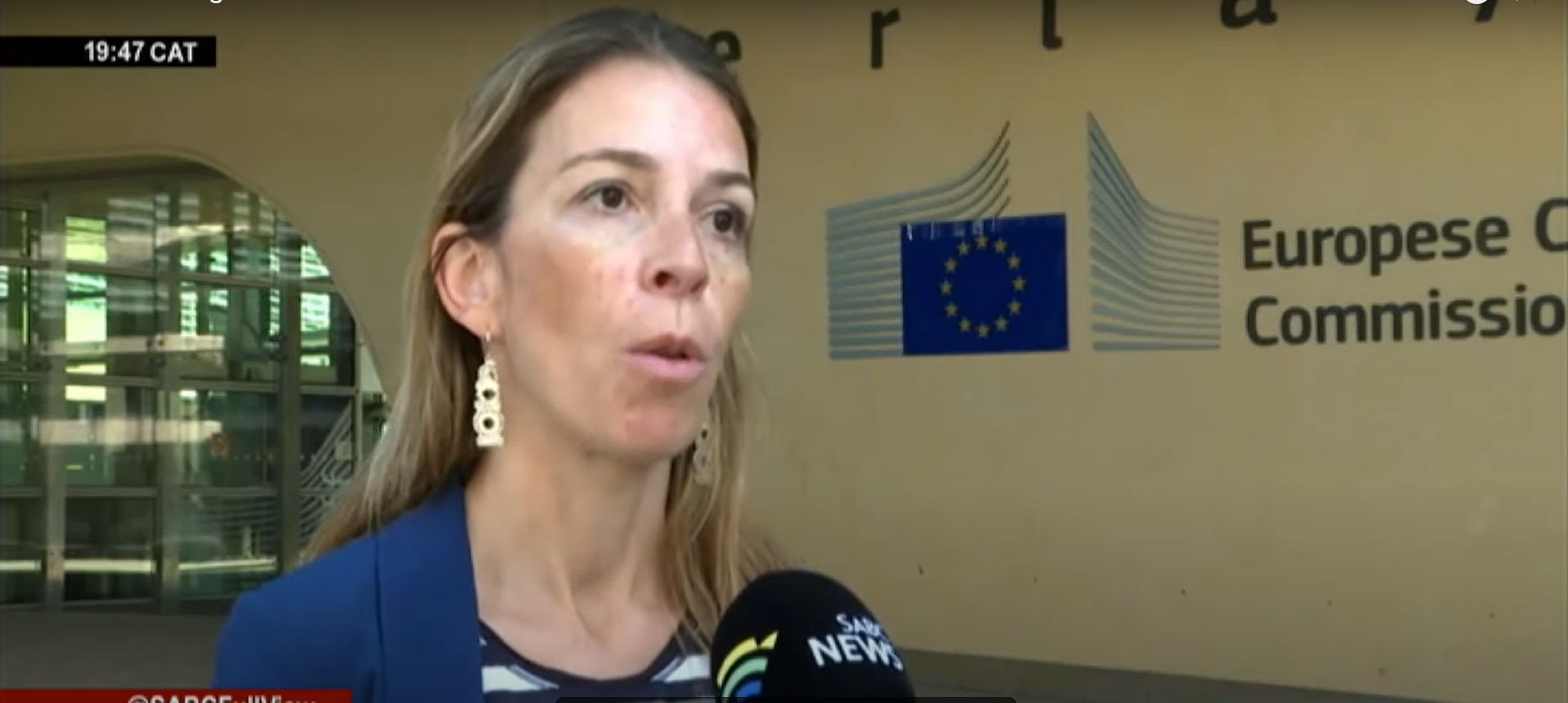
The EU and Azerbaijan relations are based on the EU-Azerbaijan Partnership and Cooperation Agreement in force since 1999. Negotiations on a new and upgraded framework agreement designed to reflect the enhanced and mutually beneficial EU-Azerbaijan cooperation in a wide range of areas, strengthen policy dialogue in key sectors and boost trade are at an advanced stage.
The new comprehensive agreement between the European Union and Azerbaijan will lay the ground for reinforced energy cooperation, notably on renewable energy, Miriam Garcia, European Commission spokesperson, told Trend.
"This agreement will play a key role in supporting the efforts of the Azerbaijani Government to diversify the economy," she said.
Garcia pointed out that EU imports from Azerbaijan currently consist of mainly mineral fuels, in particular energy products like oil and gas, which account for more than 98 percent of Azerbaijan exports to the EU.
The EU and Azerbaijan relations are based on the EU-Azerbaijan Partnership and Cooperation Agreement in force since 1999. Negotiations on a new and upgraded framework agreement designed to reflect the enhanced and mutually beneficial EU-Azerbaijan cooperation in a wide range of areas, strengthen policy dialogue in key sectors and boost trade are at an advanced stage.
The new agreement should replace the 1996 partnership and cooperation agreement. It should better take account of the shared objectives and challenges the EU and Azerbaijan face today. Negotiations of the new agreement were launched on 7 February, 2017.
The EU-Azerbaijan Partnership Priorities reflect the values and principles of the European Neighbourhood Policy, and include:
- strengthening institutions and good governance
- economic development and market opportunities
- connectivity, energy efficiency, environment and climate action
- mobility and people-to-people contacts